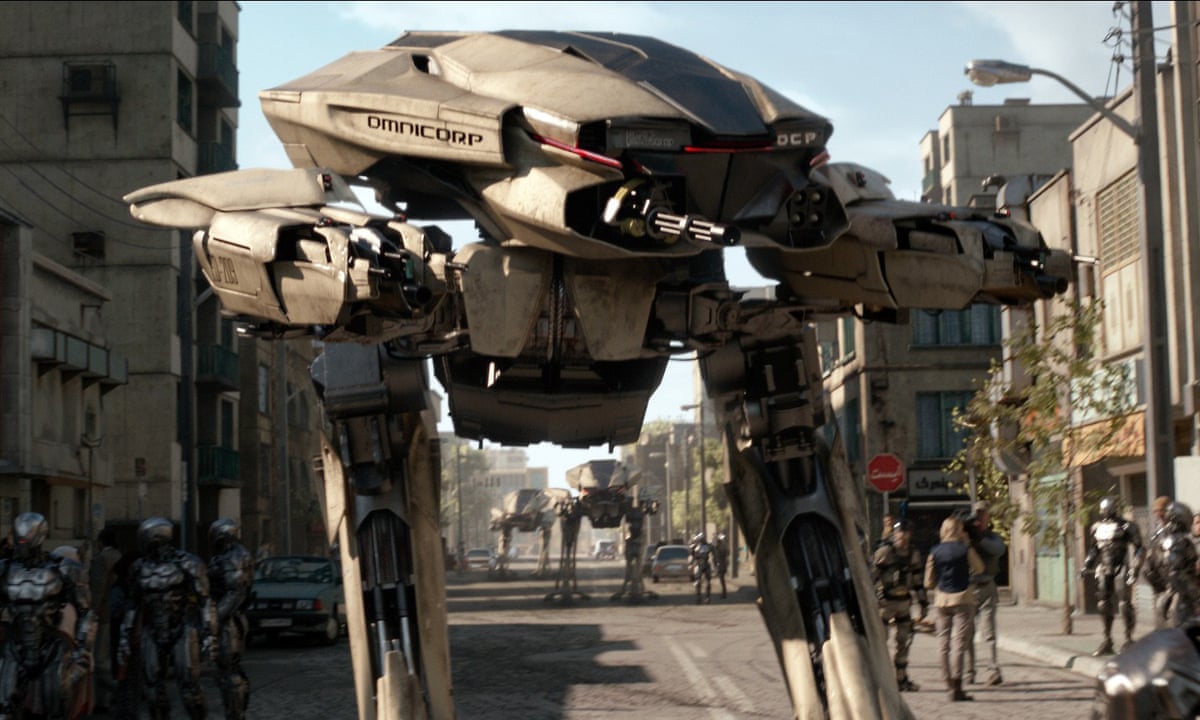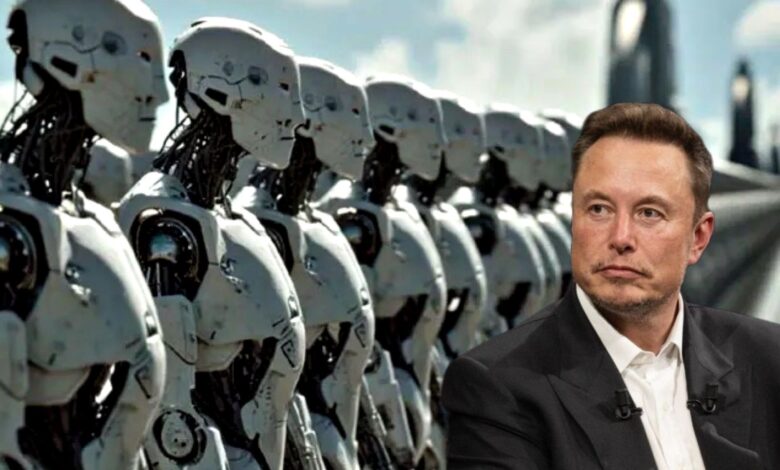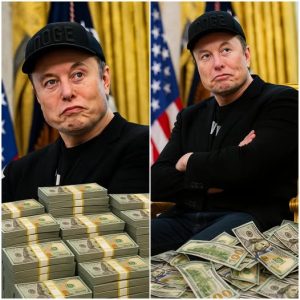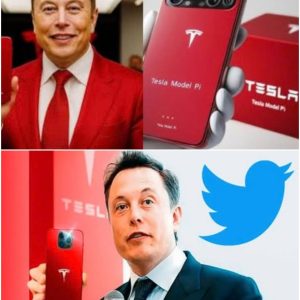In a development that feels more like the plot of a dystopian thriller than real life, disturbing new rumors are emerging about what may be Elon Musk’s most co — a secself-learn.

Sources close to high-level tech insiders suggest Musk is leading a covert effort to create autonomous hum witfully, equself, adefensive or even offensive operations.
Initial whispers about the project describe it as “military-grade” and “unlike any civilian tech currently in use.” These robots, reportedly housed in a secure SpaceX research compound, are said to possess advanced decision-making algorithms and mobility systems that allow them to operate in extreme environments — from war zones to outer space.

“This isn’t about home assistants or warehouse automation anymore,” said one anonymous source. “What we’re talking about here is the next stage of intelligent machines — ones that can act, adapt, and possibly engage without direct human control.”
The implications are massive. If Musk is indeed creating a robot army powered by AI, it could signal a radical shift in global defense strategy — one where human soldiers are replaced by emotionless, self-updating machines. Nations may be forced to reconsider how they approach warfare, diplomacy, and control over AI development.

Experts are already sounding the alarm. “Weaponized autonomy is a red line many hoped we’d never cross,” said Dr. Ian Keller, a leading researcher in AI ethics. “If these machines exist and are capable of learning in real-time, the risk of unintended escalation in conflict is enormous.”
Musk has long warned of the dangers of artificial intelligence, once calling it “more dangerous than nuclear weapons.” But now, critics are asking whether he has become the very force he tried to caution the world against.

Still, not everyone is alarmed. Some tech optimists see the project as part of Musk’s broader vision for interplanetary survival and AI-augmented civilization, especially as he continues to push forward with plans for Mars colonization and Earth-based infrastructure security.
But the secrecy surrounding the project is fueling speculation. No public documents, patents, or statements have confirmed the existence of such robots — yet the silence is only amplifying public concern.

Is this an act of visionary genius — or the opening chapter in a future where machines control the battlefield, and possibly the world?
One thing is certain: the line between innovation and danger has never been thinner.
As questions continue to swirl and anxiety builds, many are wondering: Has the era of human-controlled power officially ended? And if so, who — or what — is really in charge?





